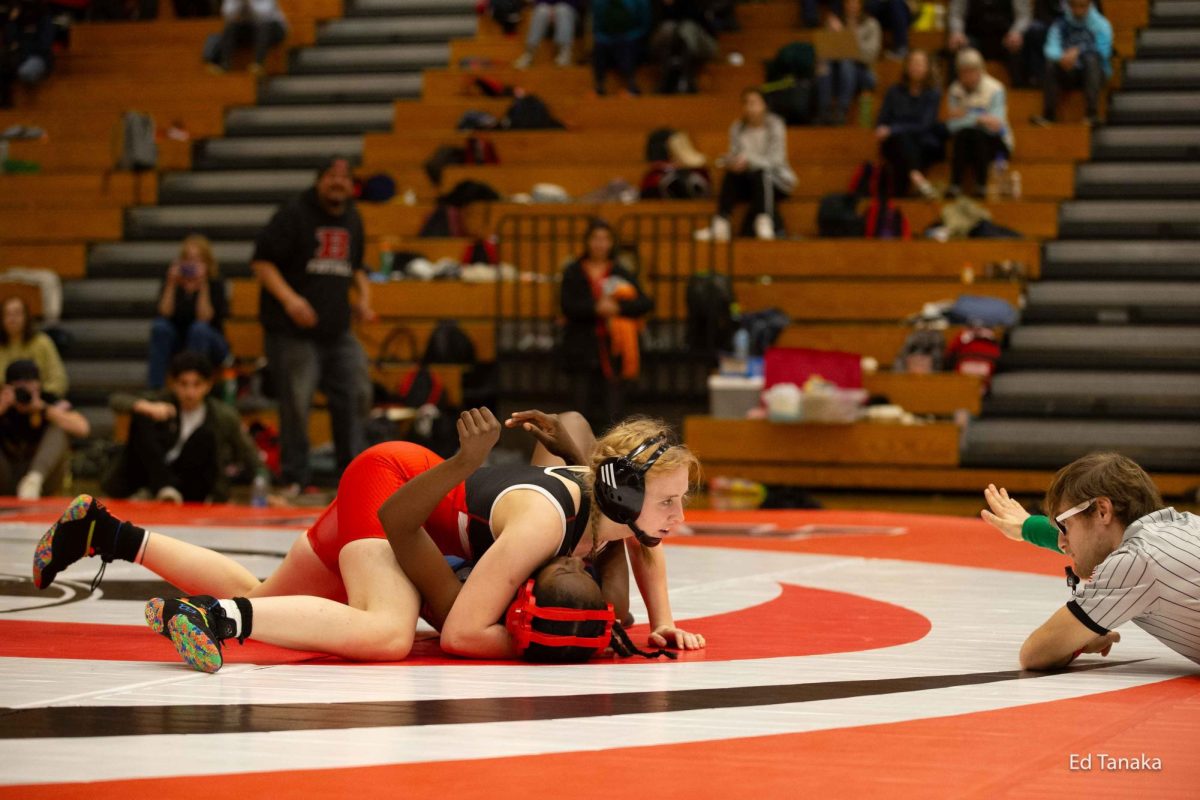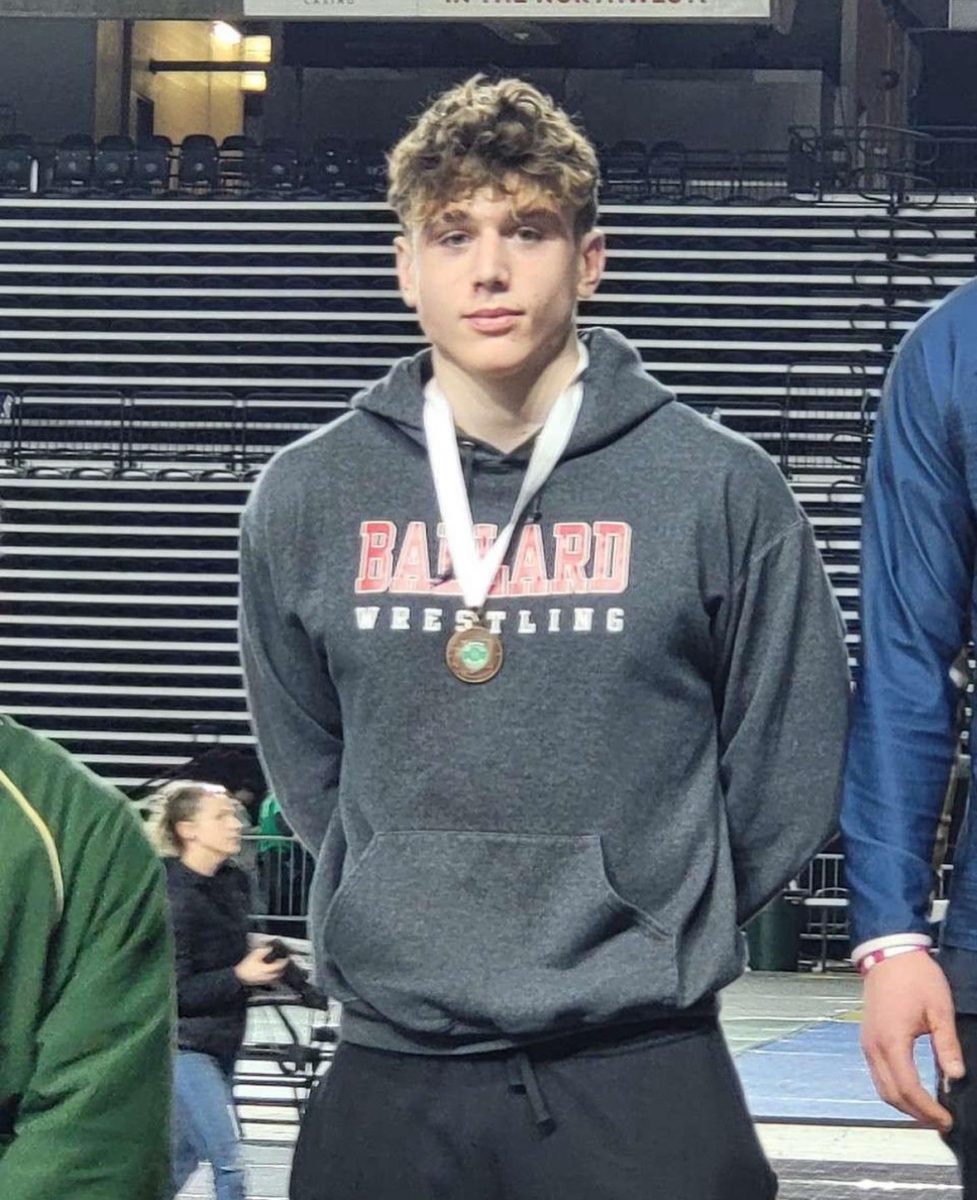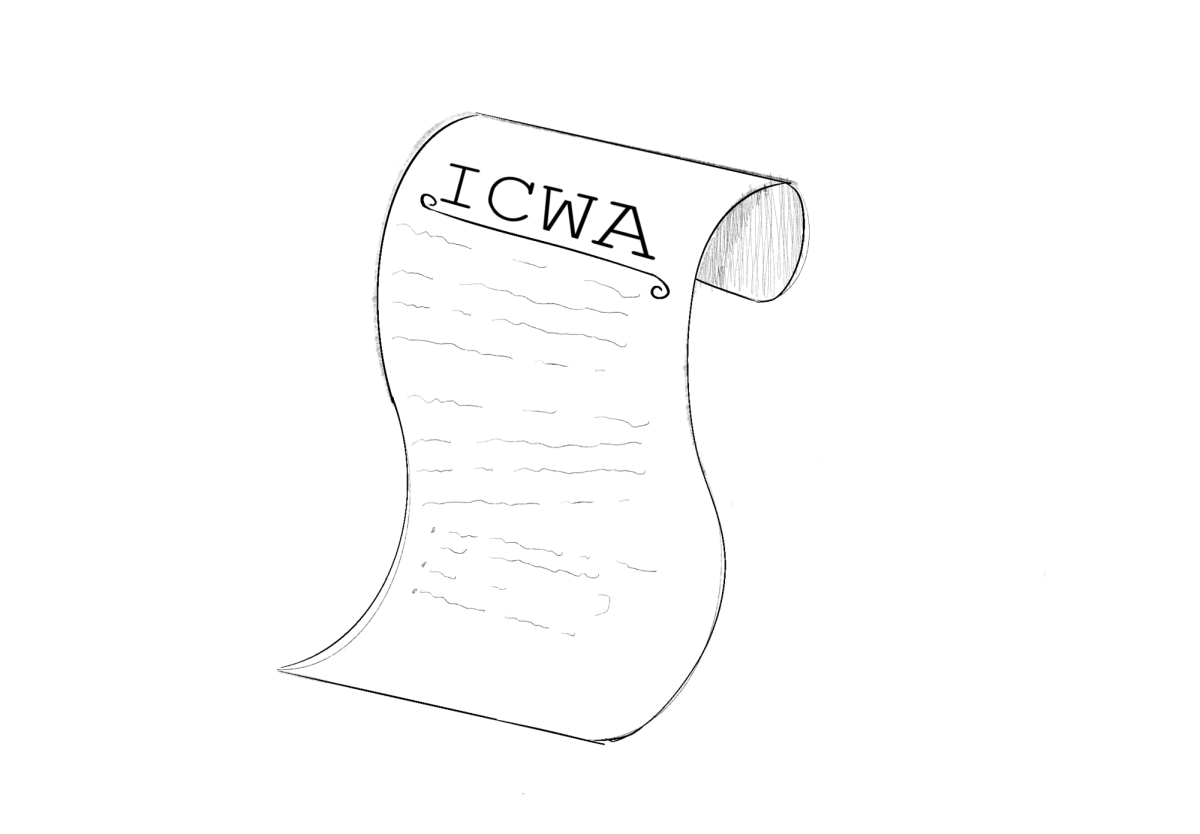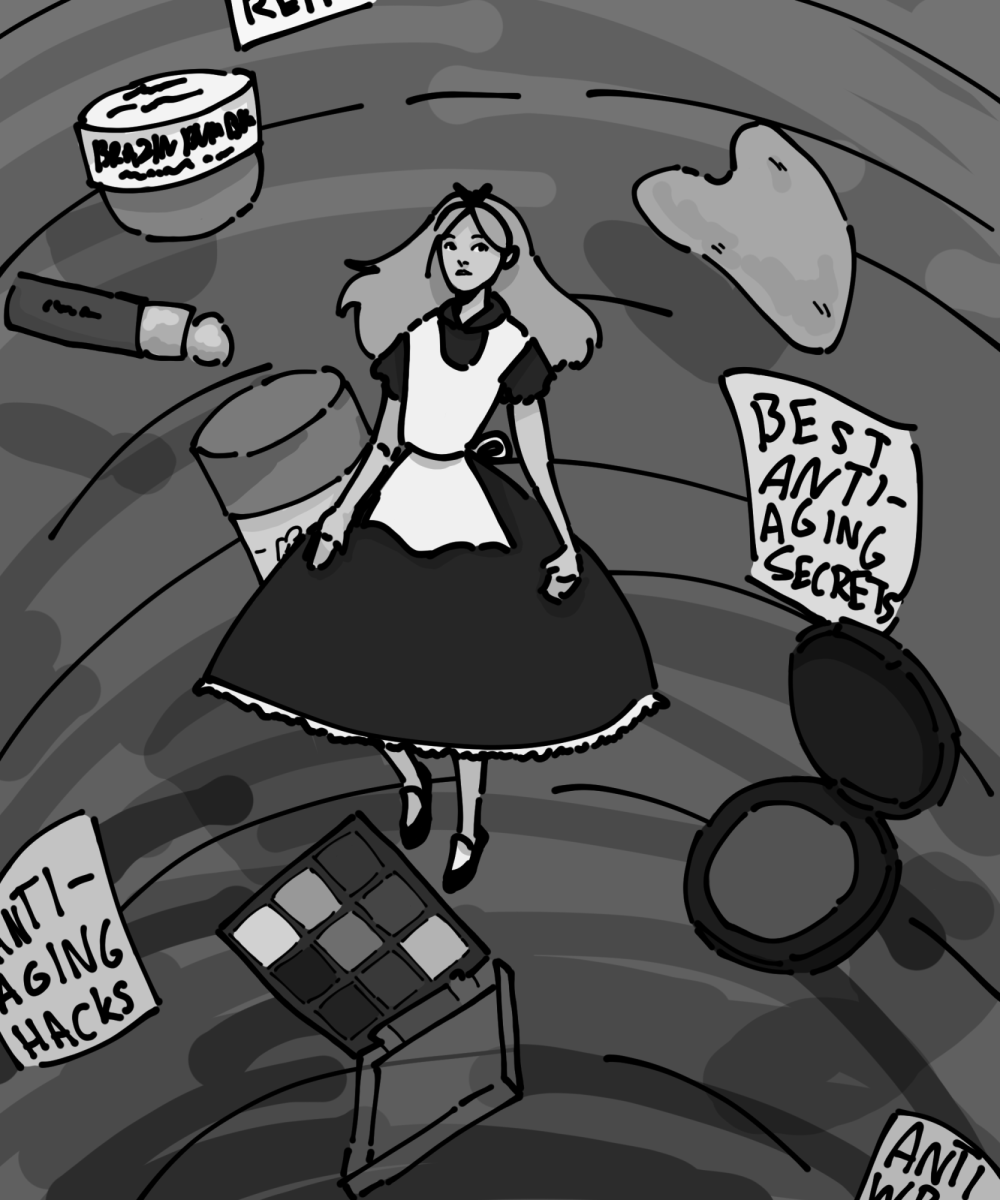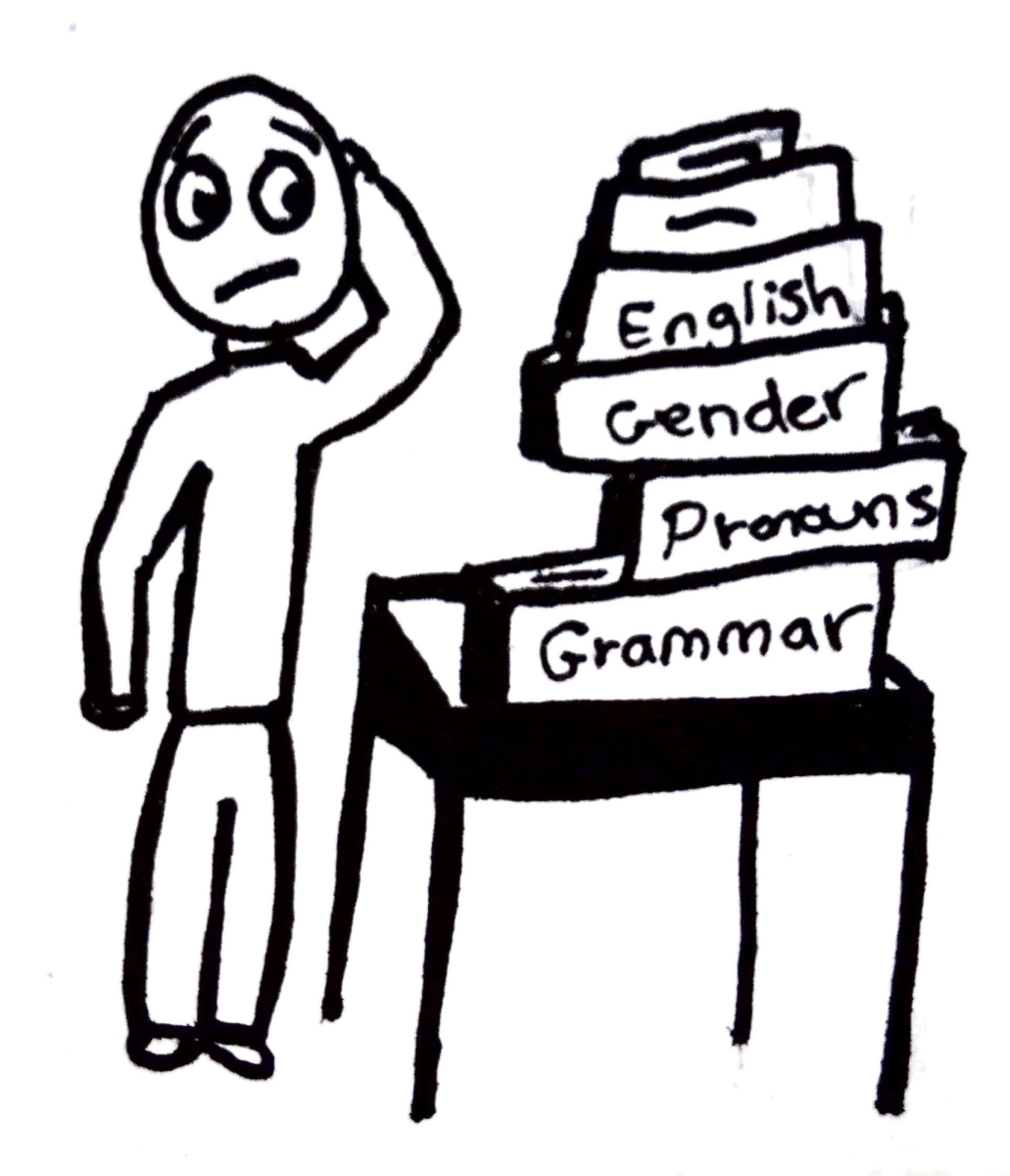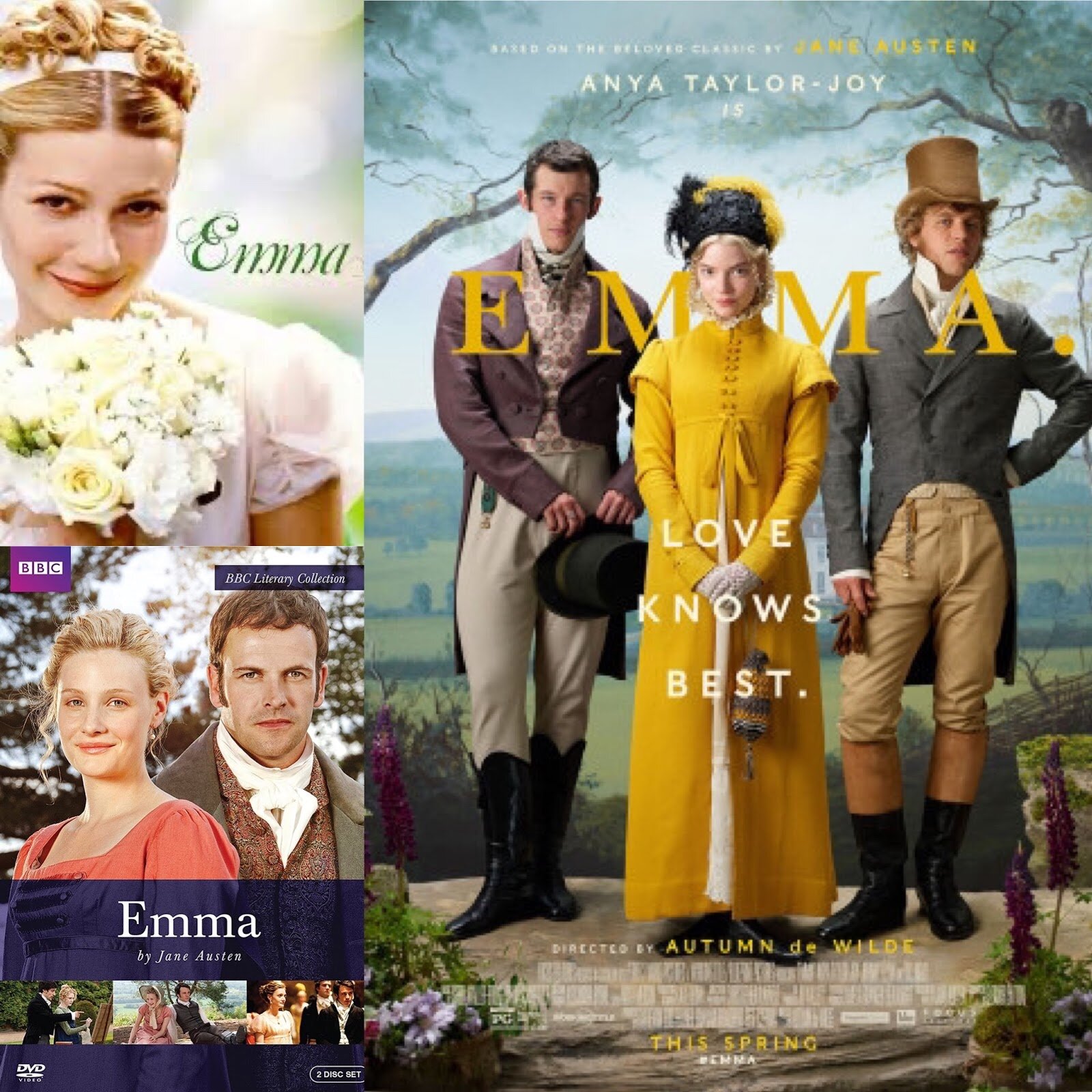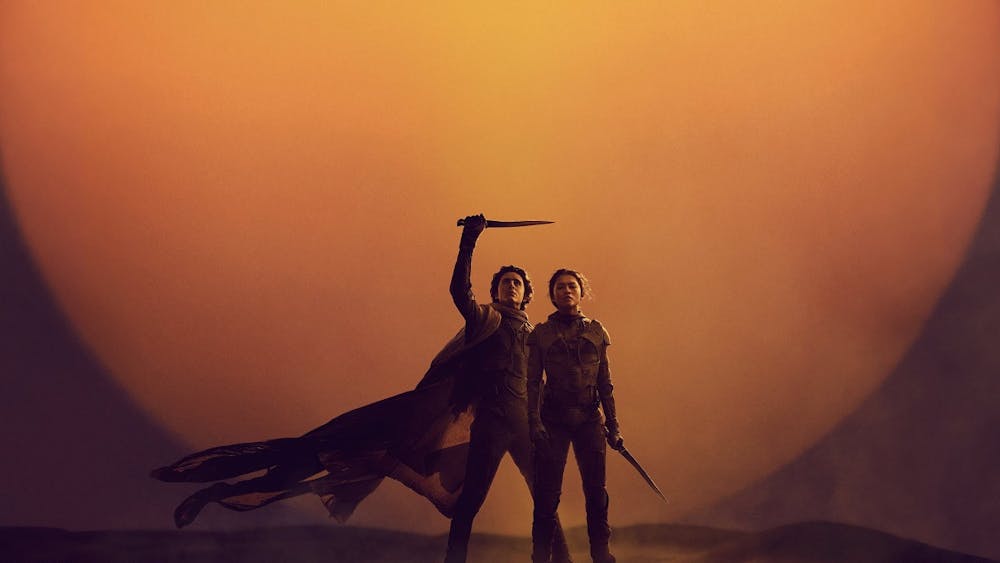I watched three adaptations of Austen’s “Emma” and ranked them accordingly
Josie Laur, Copy Editor
Originally published February 23, 2021
As with most (if not all) of her books, Jane Austen’s “Emma” (1816) has been widely-loved by many for centuries. A romantic comedy set within the scene of a small village called Highbury and the surrounding estates of Hartfield, Randalls and Donwell Abbey, “Emma” focuses on the relationships and misunderstandings between a relatively small cast of characters, the center of which is Miss Emma Woodhouse.
Emma, who is “nearly” 21 years old, is spoiled, smart, cheerful, shallow and often naively self-centered. Her character—about which Jane Austen said “I am going to create a heroine whom no one but myself will much like”—is pretty polarizing for many readers and members of the audience, as they tend to either love, hate or be irritated by Emma and her attitude.
In the beginning of the story, Emma is looking for a new project and simultaneously dubbing herself a master matchmaker (because of like…one? successful match that she kind of orchestrated), which means that she pretty quickly gets embroiled in a bunch of relationship shenanigans, particularly involving her new orphan friend, Harriet Smith.
Other notable characters include Mr. Woodhouse (who is worryingly dependent on Emma), Jane Fairfax and Frank Churchill (two mysterious folks who come into town—Frank spends a bunch of time flirting with Emma, she thinks he’s a good match for Harriet, and then it turns out he’s been married to Jane since before they came back to Highbury) and, of course, George Knightley.
Knightley (who is a good 17 years Emma’s senior) is who I might call the secondary protagonist of the story. He’s Emma’s love interest, but for the majority of the tale he really functions as her moral compass—he’s respectable, makes good choices and is the one to call her out when she crosses the line that leads to the climax and resolution of the story. All in all, real wild child.
Early 2020, the movie “Emma.” came out (now with a period), starring Anya Taylor-Joy and Johnny Flynn, marking the fifth television adaptation of the book (not counting “Clueless,” which apparently is a modern adaptation. Who knew?).
In celebration of me actually sitting down and watching a movie that I said I was going to, I watched the 2020 version of “Emma.,” and then decided to watch and compare it to the 1996 version starring Gwyneth Paltrow and Jeremy Northam, and the 2009 BBC mini-series, starring Romola Garai and Jonny Lee Miller.
1996 with Gwyneth Paltrow:
We have to start with this one, mostly because my poor hopes were dashed and battered against the rocks.
To be fair to a lot of the criticism that I am about to offer and as a general disclaimer, I did watch this movie after watching the bright and technologically advanced 2020 version. According to my mother (expert source), the take on period pieces at the time did tend to be drabber and darker, as people seemed to think that that offered a more “realistic” look at how things had been.
Even so, I think that my biggest complaint about this version is how bland everything is—especially when compared to the other two versions that I watched. The colors in the lighting, scenery and costumes were very muted (or boring, drab—take your pick), and it ended up making the movie-watching experience feel almost gloomy.
The thing about Emma—and something that I thought the other two showed very well—is that even with all of her nonsense, she really is a cheerful and smart young woman. Because of this, I would expect lots of color or lighter shades of her clothes, and yet it seemed like Paltrow ended up in a lot of white and in scenes with dark lighting. The director made a choice, and I think it was the wrong one.
The other thing that I did not love about the 1996 version was the chemistry between the actors. In “Emma” where, as with many of Austen’s novels, the core of the story is about the relationships and day-to-day lives of the characters, it’s really important to me that those characters are portrayed well.
I don’t think that any of the actors were bad, per se, and certainly Paltrow and Ewan McGregor (who plays Frank Churchill) have many accolades to their names, but something about the cast’s portrayals just felt…off.
I noticed that Paltrow, for one thing, plays Emma as more of a “mature,” knowing type of person—which she really just isn’t. In fact, in playing her this way, I think that Paltrow deprived herself of any real opportunities to show character development later in the story, when Emma is meant to be realizing that she’s been oblivious and entitled, and needs to grow as a person.
I also felt that Jeremy Northam, who plays Knightley, didn’t quite nail the right level of “yes I’m scolding you, but more than that we’ve been friends your entire life and we’re important to each other.” Instead, many of the interactions that he has with Paltrow-as-Emma feel kind of…preachy and condescending. This apparent lack of compatibility is unfortunate, as is the fact that because the two leading actors play the protagonists like this, many of the other all-cast moments seem to suffer as well.
Overall, I’d probably give this movie a 6/10. It’s a decent movie, and I was definitely biased by watching the 2020 version first, but too many negatives stacked up against it to make it my favorite.
2020 with Anya Taylor-Joy:
Next, the newest addition to the ranks! I have a lot of good things to say about this one.
Just as a precursor, I wanted to talk about the original soundtrack (OST). The timing of a lot of moments in this movie is very well done, and I think a big part of that is due to the music. The introduction scene of Knightley, for example, when he gets outside and begins to walk down the hill with the music in time with him, is extremely pleasing to me.
OSTs, in my opinion, can add so much to movies and shows, even in just a subtle way, and the wonderful composers (Isobel Waller-Bridge and David Schweitzer) remind me of Alexandre Desplat, composer of OSTs for movies like “The Imitation Game” (2014) and “Little Women” (2019), in that they have this way of making the music almost its own character, adding tension, comedy, suspense and joy where needed.
Aside from the music, this movie is just really very pretty. The colors are bright and clean, fit the characters well and the general aesthetic is wonderful to look at throughout the entire film.
Most of all, the cast definitely makes this movie. The chemistry between everyone is wonderful, and they all have great senses of comedic timing that the cinematography and music do nothing but highlight.
I wanted to mention in particular: Johnny Flynn’s Knightley is magnificent, and I enjoy every moment that he is on screen, just for the way he plays his character and how well he plays to others’ strengths. Bill Nighy, who plays Mr. Woodhouse (Emma’s father) is also fantastic, and the running gag of him and his poor servants throughout the movie is very well done.
I enjoyed this movie very much, and I am tempted to call it my favorite of the three. However, my sticking point is with Anya Taylor-Joy’s Emma. Much in the same way that Paltrow’s came across a little too self-aware and self-possessed, I think that Taylor-Joy’s often seems snobbish and/or aloof.
I understand why she played it that way, as being “above” others is a type of naivety or obliviousness, but I do think that it makes her a little difficult to connect with as a viewer. Austen’s take on Emma aside, Emma is headstrong and spoiled, but she is also written as kind and generous.
Taylor-Joy is certainly talented, but her portrayal does distract me a bit…every time she appears, which is basically the whole movie. 8.5/10!
2009 BBC mini-series with Romola Garai:
Finally, my favorite!
BBC has several of these Austen mini-series—such as “Pride and Prejudice” and “Sense and Sensibility”—and the nice thing about them is that they tend to be pretty true to the books. They also have far more content than the movies; “Emma” is four hour-long episodes, which means that we get to see way more development between the characters and their relationships.
I think that that added time was what really did it for me, especially in regards to Emma and Knightley. In my opinion, their relationship and chemistry is much better in the 2020 version than the 1996 one, but with the series, we just get more.
For example, there are several occasions where the two of them have small side conversations, or exchange a look, or laugh at each other, and it just feels entirely more human and fleshed out. Obviously a two-hour movie can’t do what a series can, but it was still really nice to see.
The other obvious benefit of showing “Emma” as a series is that it really allows time and space for the subtler, more sardonic parts of Austen’s humor. I think that the 2020 one is pretty funny too, but a) they made some tweaks to make the script more “modern” and b) again, two hours does not leave much room for subtle, what with everything that has to happen in the story.
Going back to the “human” thing, Romola Garai is my favorite “Emma” actress, largely because of how relatively real her Emma seems. Yes, she’s still self-centered and shallow and has her obvious flaws, but she is also cheerful and smiley and feels more well-rounded.
To touch on the “aesthetic” of the series: I like it! I think that it’s clear that we’d moved out of that appreciation for dimmer settings, and there are a lot of pretty sets and clothing that seem well-tailored to characters’ personalities. The OST is also nice, but more generic than and not as noticeably great as 2020’s.
Much like the 2020 version, the cast is really the focal point of all screentime, and I definitely think that they delivered. Possibly it is an advantage of working together for longer, but they all seem very comfortable with each other, I like their chemistry and they’re all very talented actors.
The relationship between Emma and Knightley, as I mentioned, is particularly well developed. Knightley also feels more real in this series—he’s so fed up with Emma (it’s amazing), and they did a great job of naturally developing the blossoming romance between them while also keeping him as her righteousness guide.
The one interesting thing that I did notice is that it seemed like they spent quite a bit of time on the relationships Emma has with Knightley and Frank Churchill (who, despite all the nonsense with everyone being in love with him, ends up as one of her good friends), and I think that the development of Emma’s friendship with Harriet suffered a bit because of it.
The friendship is still there, definitely, but it doesn’t seem as much of a focal point as it was in the 2020 version. That said, I’d honestly rather have Knightley and Emma over Harriet and Emma (to a certain extent!), so I didn’t mind that much.
Finally, as I mentioned, I think that the actors’ grasp on the comedic timing and the type of comedy that was happening was wonderful. There were more than a few scenes where I was left with a distinct sense of “oh, that was funny!” and I think that that was really nice to see. “Emma” is meant to be a comedy, at the end of the day.
In the end, I think that this might be one of those series that I begin to put on in the background or for comfort—but also would absolutely sit down and watch again. It’s pretty, smart, well-acted and really just all around lovely. 10/10.
![West Seattle High School’s (WSHS) Chinese program is closing down and teachers in the program are informed to transfer to a different high school. At WSHS, 475 both former and current students have signed a petition to help teacher Ying Yu continue her Chinese program. She shares that initially, the program offered only four classes with 90 students but with her initiatives, the program grew to be full-time with 154 students and 137 students on the waiting list. (Seattle Public Schools Board Meeting YouTube Channel: Seattle Schools Board Meeting May 8, 2024, [58:25])](https://ballardtalisman.org/wp-content/uploads/2024/06/Screenshot-2024-06-14-134038.png)

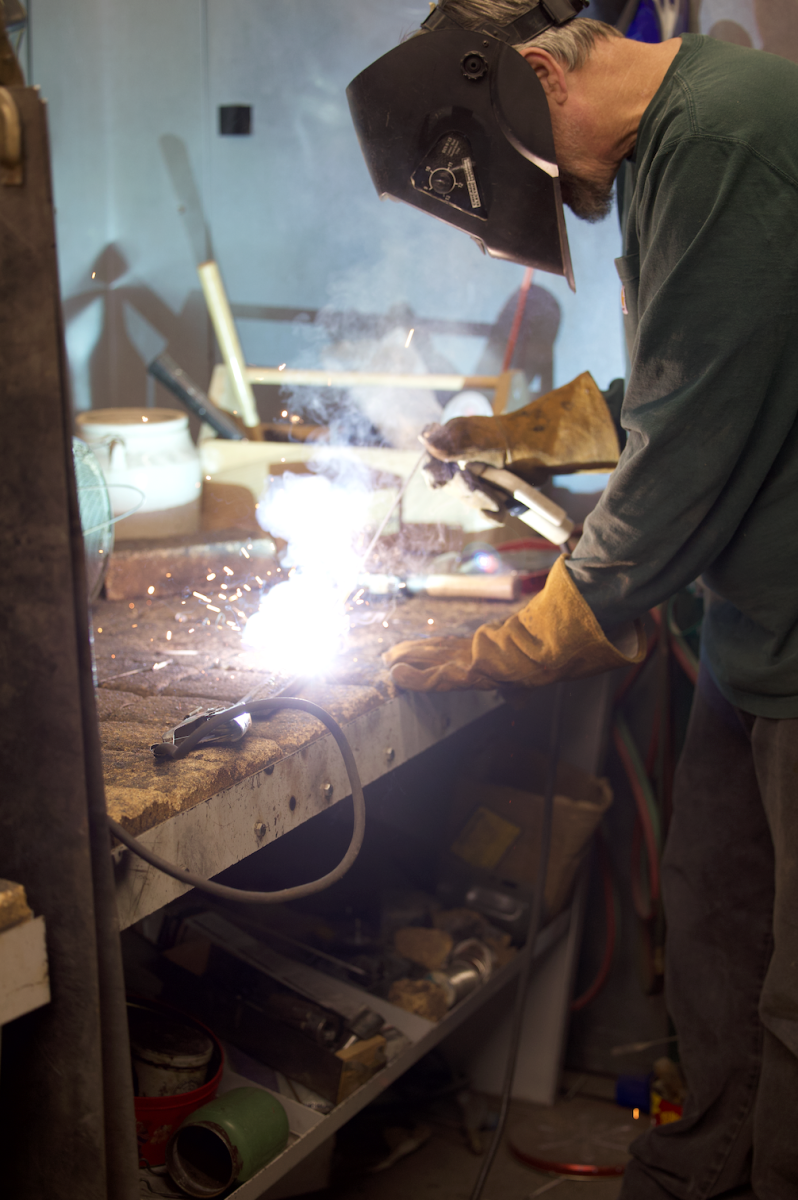
![“Link Crew is meant to be a way for [upperclassmen] to help ninth graders with the transition to high school,” Laura Lehni, language arts teacher, ASB advisor and Link coordinator, said](https://ballardtalisman.org/wp-content/uploads/2024/05/IMG_4601-1200x800.jpg)

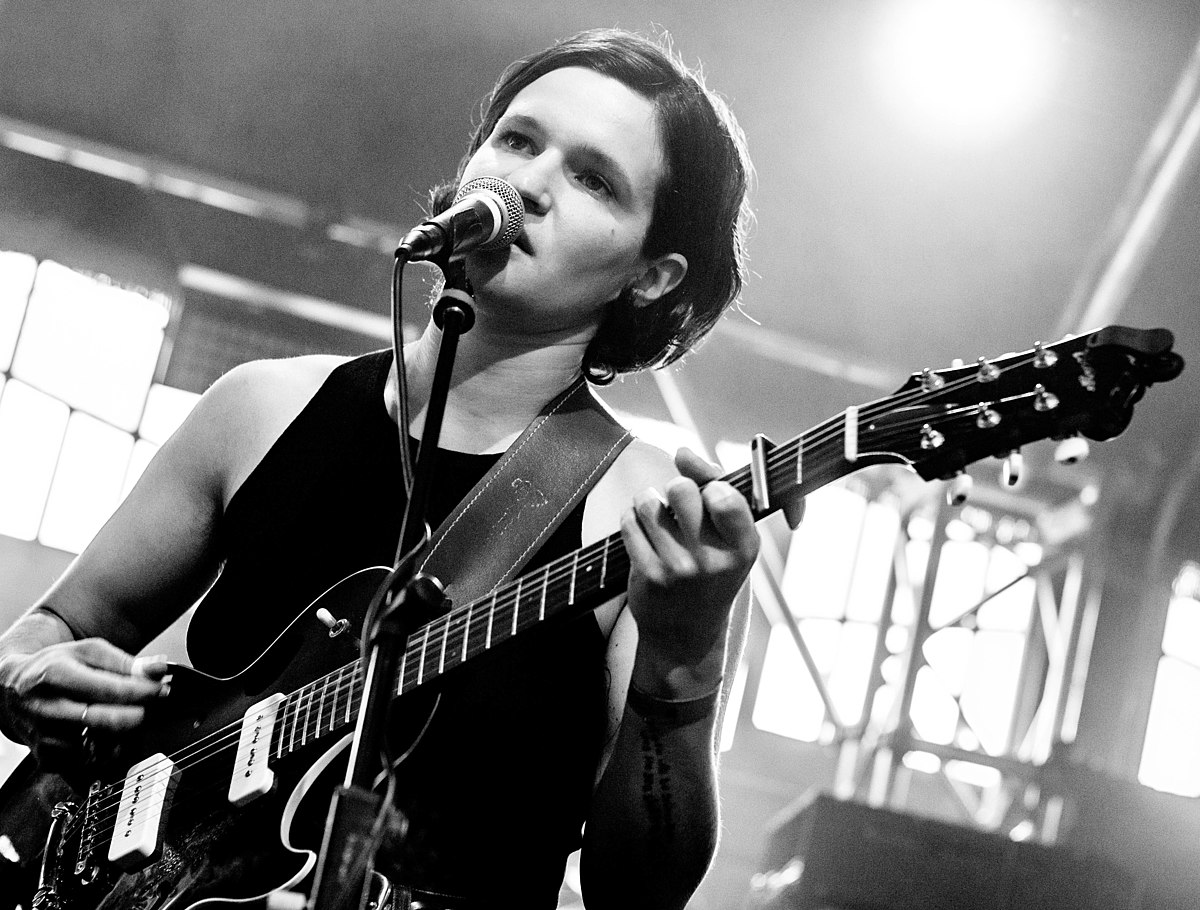
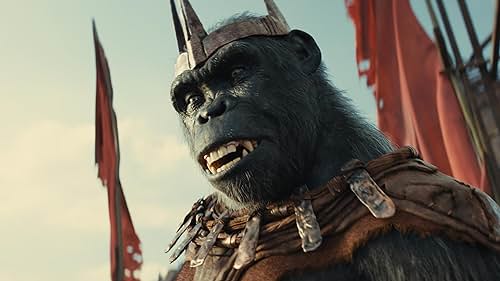
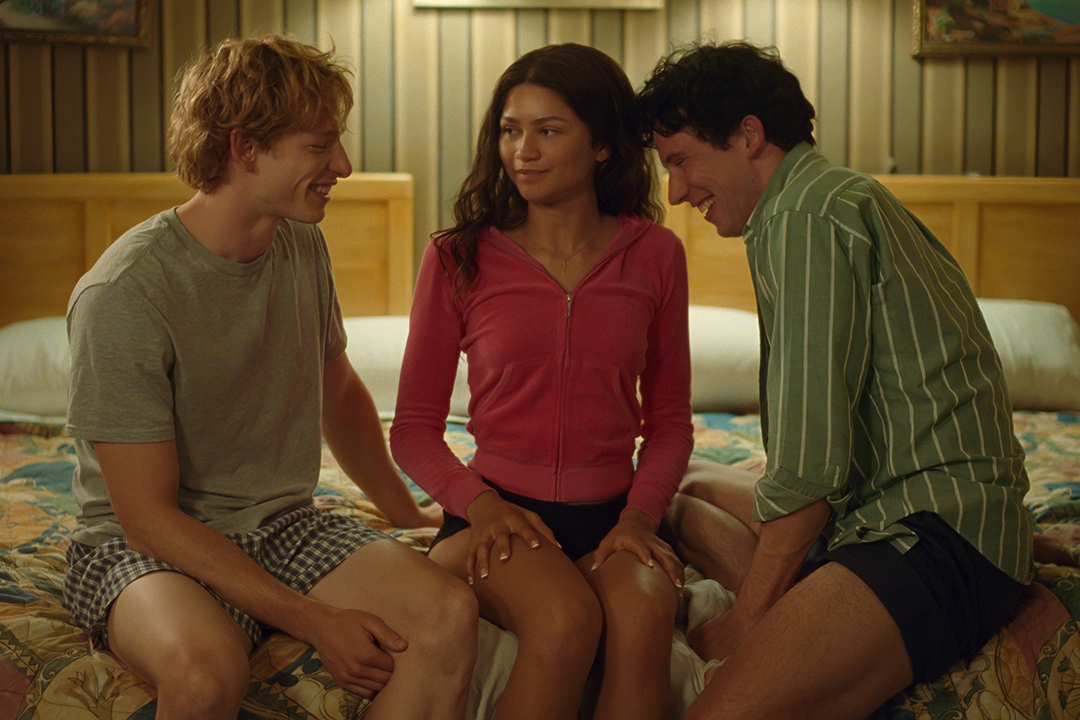
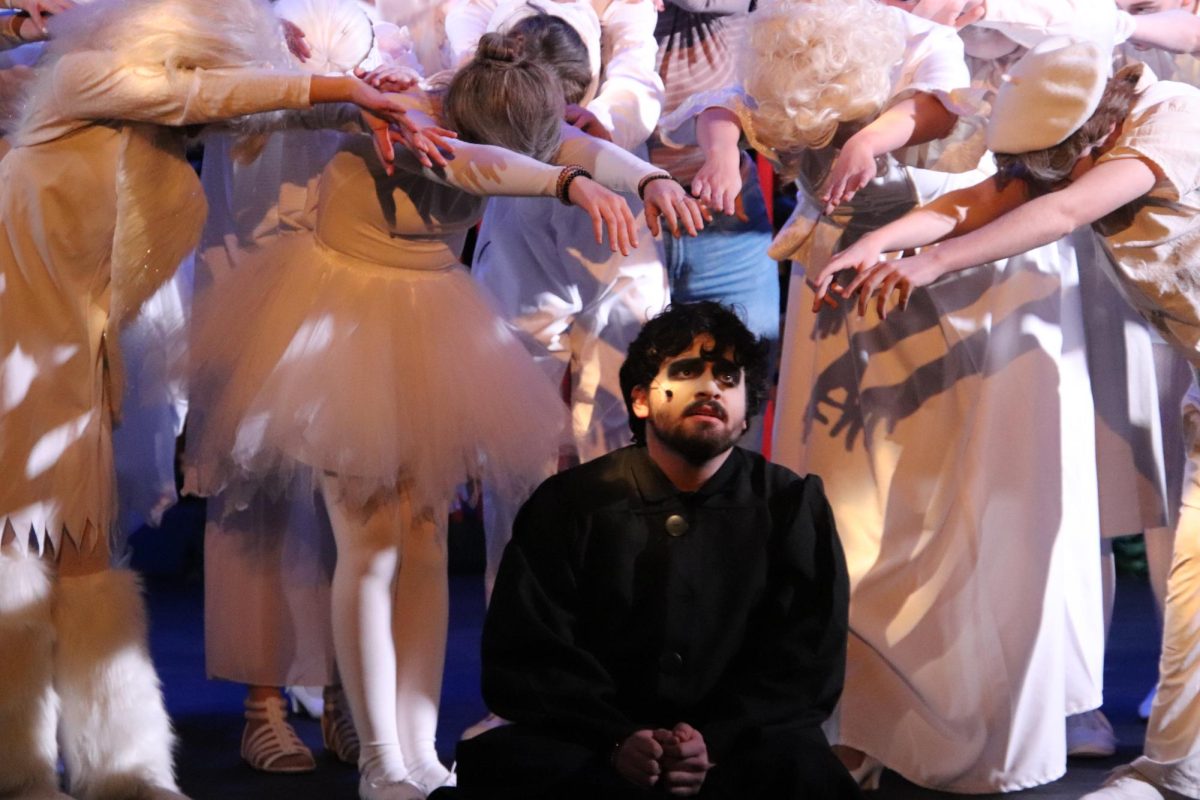
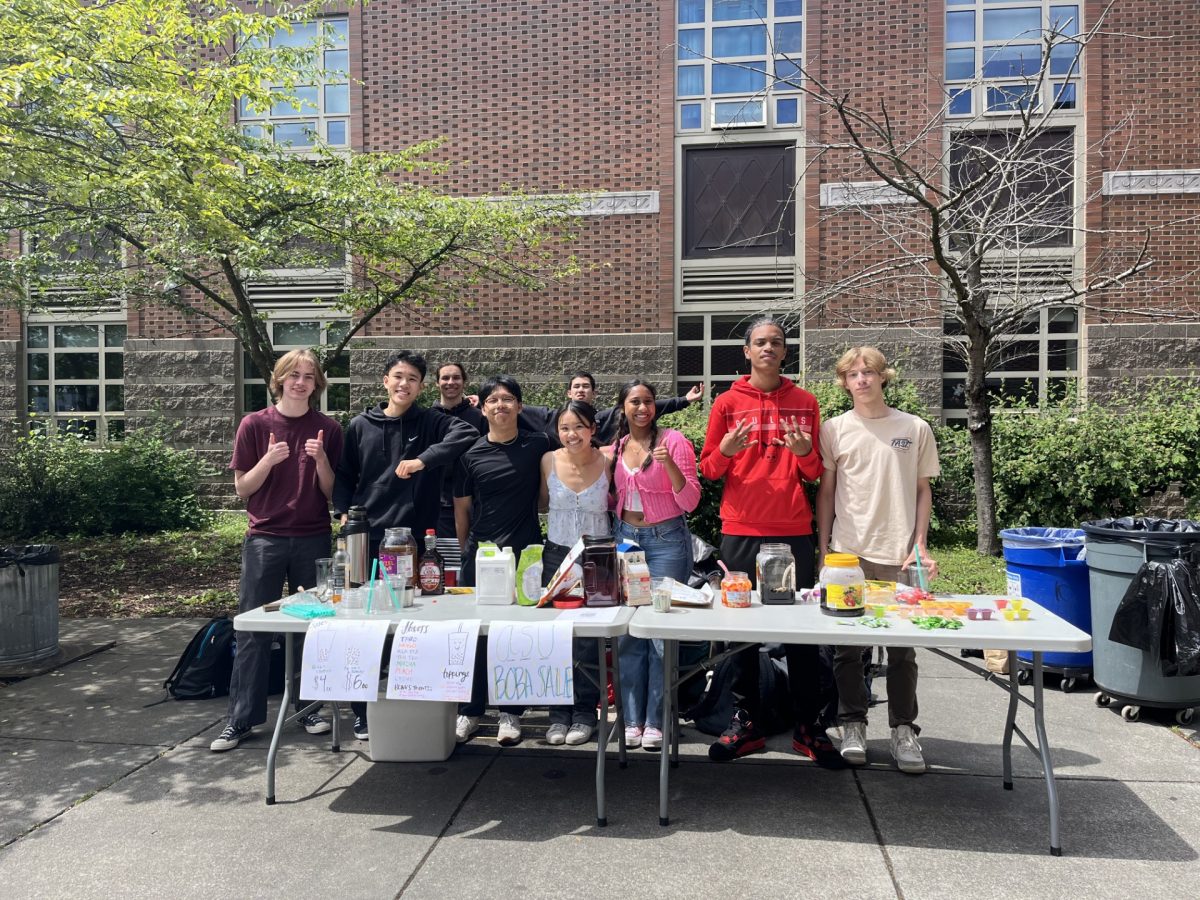
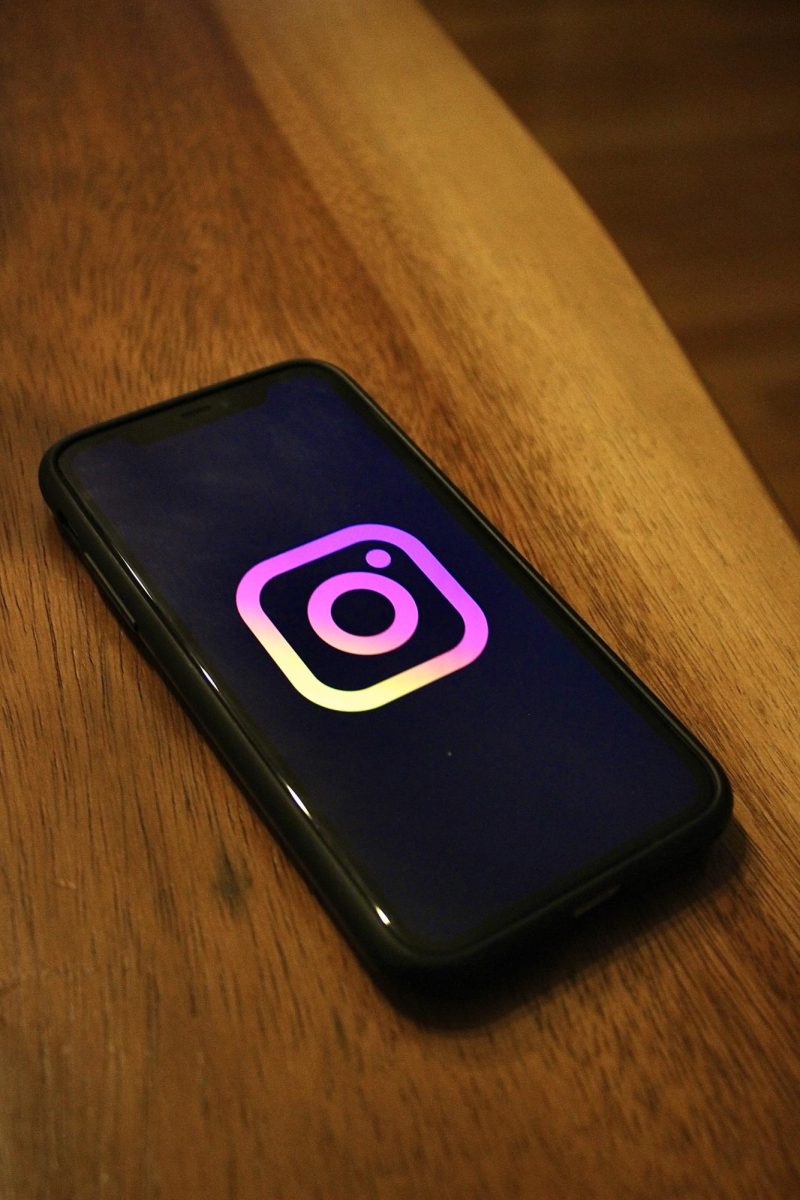
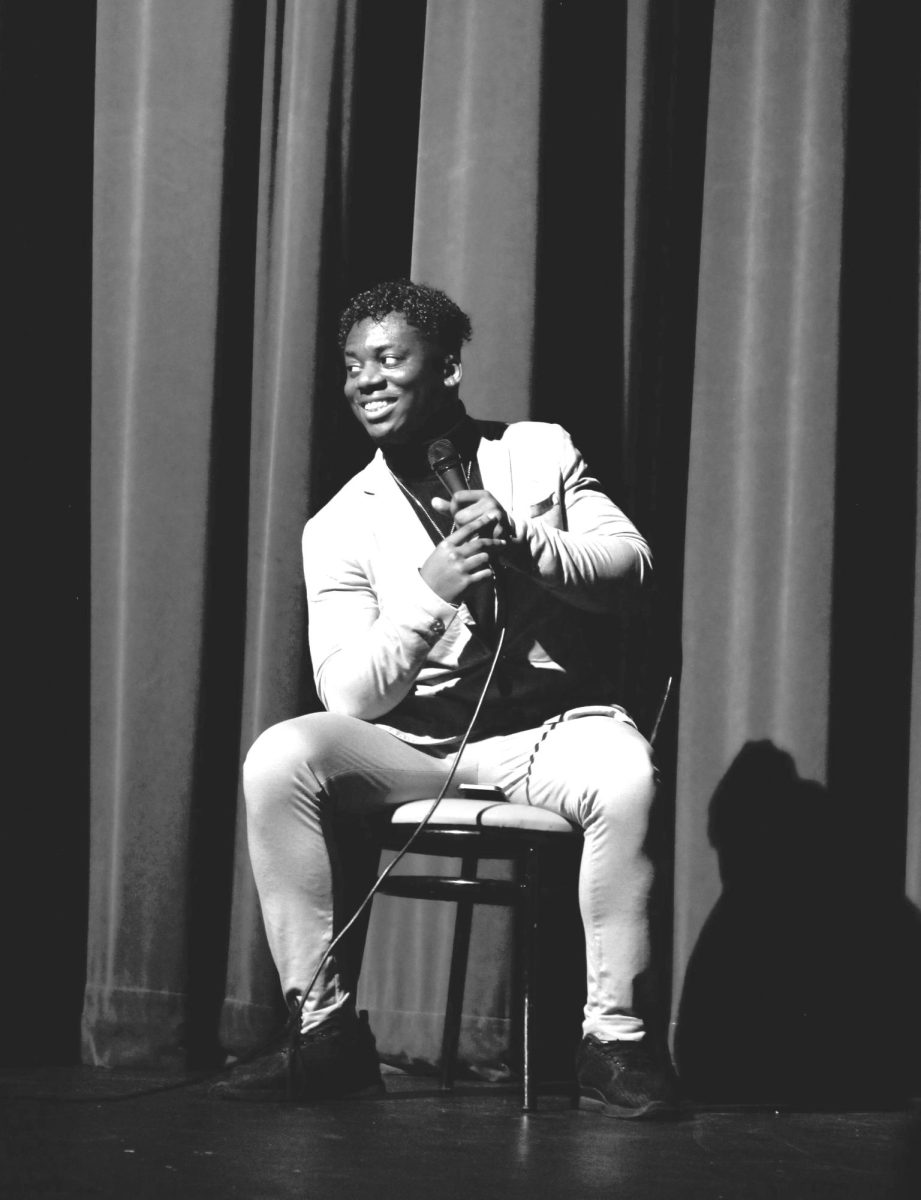


![Henry Willy [pictured left] taking the field with his teammates in a 10-11 loss vs. Saas.](https://ballardtalisman.org/wp-content/uploads/2024/05/IMG_2431.jpg)

